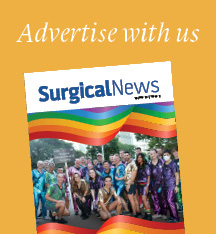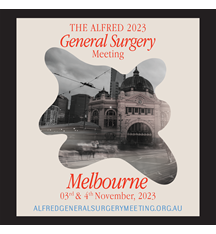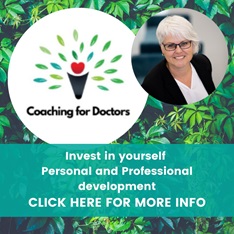2023 | Volume 24 | Issue 4
Professor Papaarangi Reid has a vision for the future: "A country where it is safe to be born an Indigenous child”.
This is a sentiment undoubtedly shared by the nearly 50 surgeons, Trainees and pre-vocational doctors of Māori, Aboriginal and Torres Strait Islander descent who took part in RACS inaugural Indigenous Hui where Professor Reid spoke.
The event was held across two days (29 and 30 July) at Te Manukanuka o Hoturoa marae (meeting place) in Auckland, Aotearoa New Zealand. Its main aim was to provide an opportunity for whanaungatanga—building close connections—as well as to review the past, examine the present and look to the future.
In looking ahead, Professor Reid spoke about how to implement change to bring that vision to life.
One of the highlights of the hui was the awarding of the RACS Māori Health Medal to a humble and surprised Dr Maxine Ronald, a long advocate for the rights of all Indigenous groups. The medal was presented by Dr Pat Alley, who was awarded the medal himself in 2015 and was instrumental in establishing the Indigenous Health Committee.
Other speakers included legendary Worimi surgeon and NAIDOC Person of the Year 2023 Professor Kelvin Kong, who had a ‘chin wag’ with his friend and hero Professor Jonathan Koea, RACS Māori Trainee Liaison Lead.
They spoke about some of the experiences they had on their way up the ranks, reminding attendees of how far RACS has come in terms of accepting and supporting Indigenous surgeons.
Being viewed as ‘cultural experts’ can be a lot of pressure, but it’s a part of the job Professor Koea loves.
Prominent Indigenous rights academic, Professor Margaret Mutu was amazed by the number of Māori, Aboriginal and Torres Strait Islanders in attendance.
"It's wonderful to see how many there are of you, considering how few there were."
Numbers of Indigenous surgeons and Trainees are at levels never seen before. There are around 20 practising Māori surgeons and three of Aboriginal and Torres Strait Islander descent. For surgical Trainees, the figures are 28 and four respectively.
Other speakers talked about the importance of giving space and a voice to Indigenous people. Dr Jonathan Newchurch, AIDA Vice President and a general practice registrar working at an Aboriginal health service in Adelaide, spoke in support of the Indigenous Voice to Parliament, a proposed new independent, representative body for First Nations peoples in Australia, which is the subject of a referendum later this year.
"Part of healing is letting the person who has suffered the trauma be heard."
Chief Medical Officer at Te Aka Whai Ora – Māori Health Authority Dr Rawiri McKree Jansen said the Aotearoa New Zealand health system is world class ... if you take Māori out of it. He argued that Māori are a nation of a million people and are entitled to a health system that meets their needs.
The hui wasn’t all heavy talk though. Attendees were taken on a tour of Ihimātao, once the food basket of Tāmaki Makaurau (Auckland), now the subject of protests arising from the eviction of the tribal owners by the colonial government. There was also a hāngī (food cooked in an earth oven) and some friendly rivalry over the rugby.
The Indigenous Health Committee and the Māori Health Advisory Group have ambitious plans for further boosting the number of Indigenous surgeons in Australia and Aotearoa New Zealand. They will be taking ideas generated at the meeting to help design structures that are more robust and consistent so biases don’t creep in and the environment is more attractive to Indigenous doctors.









